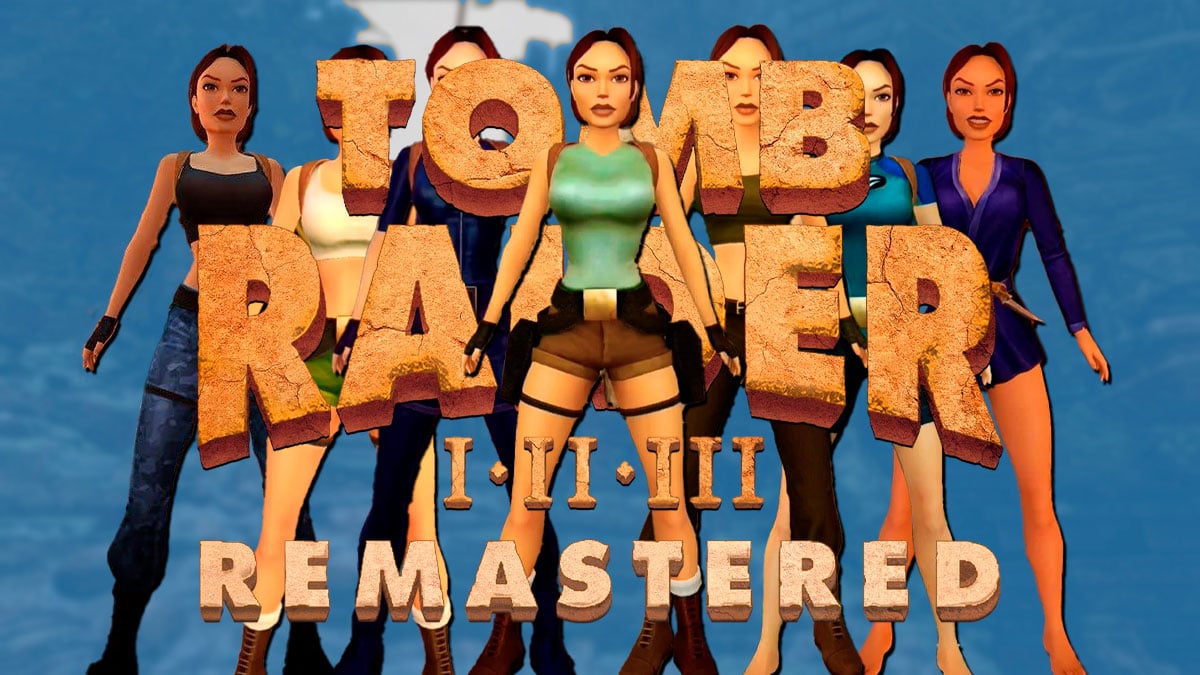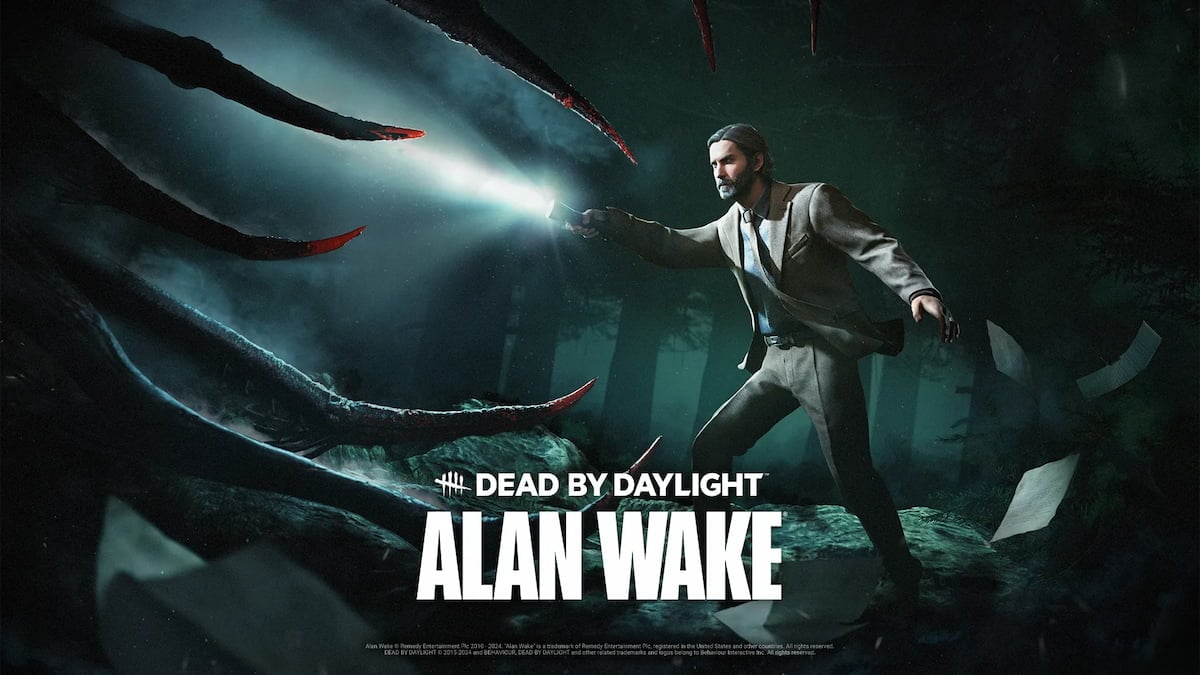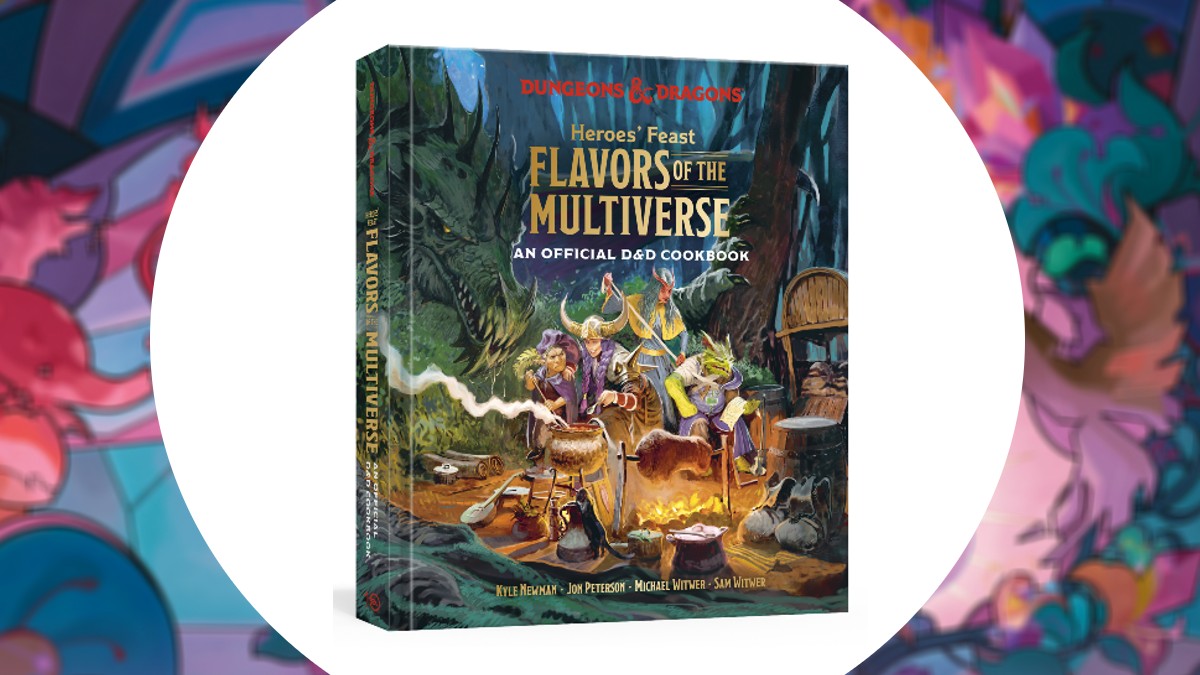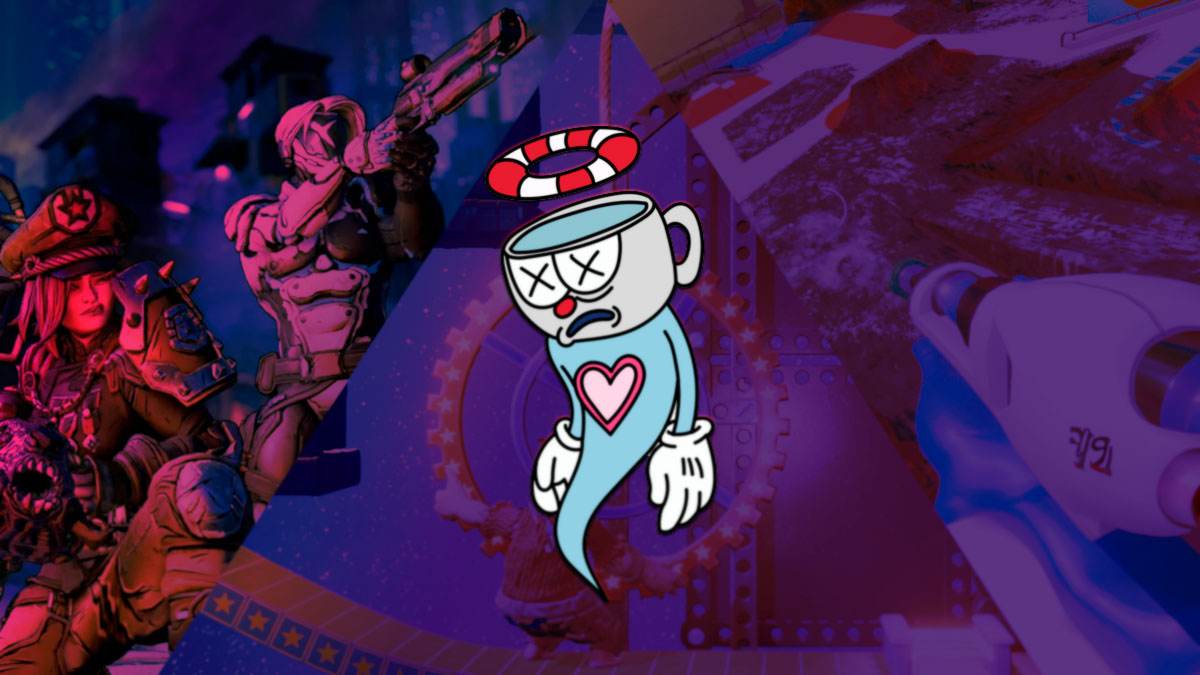There have been quite a lot of these over the years; here are my favorites video games based on Tabletop RPGs.
Tabletop gaming is one of the best experiences you can have, so it’s no surprise that people have made various attempts to translate that into video game form. A lot of these games are isometric RPGs; top-down, tactical, and cleaving as close to the tabletop mechanics as possible. However, not all are (and some of those tend to be my favorites). There is a surprising amount to sift through, many of which are not very good, due to a combination of factors.
Many haven’t aged well, like the Shadowrun game for the Super Nintendo, while others just weren’t very well put together in the first place. Some of those made this list, in part because they’re kind of important for the context of what these games are like, or they had great concepts that were executed better later by games not explicitly based on a TRPG.
The Best Video Games Based On Tabletop RPGs
In no particular order, here are my favorite video games based on tabletop RPGs:
Baldur’s Gate Enhanced Edition
I have a love/hate relationship with this game, based on Dungeons and Dragons’ Forgotten Realms setting (and the prominent city of Baldur’s Gate in particular). It is, without a doubt, a clunky game. The interface is obtuse (particularly if you’re trying to play a prepared spellcaster). The game is hideous even with the ‘enhanced’ visuals, and it’s designed with the idea of it just being the first part of a three-part adventure. It is because of this reason it feels a bit incomplete, especially when it comes to leveling up (a typical D&D game can go to level 20; this game is only designed to hit level 8 or so). It doesn’t help that I never actually played AD&D, so the mechanics are not as intuitive to me as other games on this list.
Still, its impact on the isometric RPG genre can’t be denied, and it does have a certain amount of charm. The breed of computer RPG that makes a one to one translation of the tabletop mechanics is a dying breed, and the companions are an eclectic bunch, if a bit shallow compared to newer RPGs (and even later games in the same series).
Star Wars: Knights of the Old Republic
Here’s another isometric RPG beloved by a lot of people. Interestingly its mechanics aren’t based on any of the Star Wars RPGs, not even the closest mechanically to this game (Star Wars Saga Edition), but the rules are ripped pretty much straight from D&D 3.5.
This is one of the games that put Bioware on the map, and it’s easy to see why. It plays well, the story is good, and all the companions are unique and exciting (something the company would later become well known for). It is not my favorite Bioware RPG (that honor still goes to Dragon Age: Origins), but it’s still a close contender.
This is one of the few Star Wars properties I ever really got into; I was never the biggest fan of the movies, but the Old Republic setting feels so much different than what was the modern-day of the universe at the time. It’s kind of sad it’s no longer considered ‘canon.’
Warhammer 40k: Inquisitor – Martyr
I have minimal experience with the Warhammer 40k tabletop experience; I made a character for a Deathwatch game that never got off the ground once, and that’s about the extent of things. I do, however, have a fair bit of experience with Warhammer video games, of which there are a lot. I played the Halo knockoff Fire Warrior before I ever played actual Halo or even knew what Warhammer 40k even was, and have chewed through a fair few games based on both 40k and Warhammer Fantasy.
If it officially had the license, E.Y.E.: Divine Cybermancy would be my pick for best 40k game, but alas it did not. Space Hulk: Deathwing by the same company ironically did not capture the same spark as E.Y.E. despite that being a Space Hulk game with the serial numbers filed off.
With that off the table, Martyr takes the spot, being a very solid Diablo-clone. I hear it had some severe issues on release, but I never picked it up until after the vast overhaul several months back, and I had a blast playing with a couple of friends.
This is an excellent pick if you like Diablo-clones and the Warhammer 40k universe, since it faithfully applies a lot of the features of the setting, even in its mechanics (playing a Psyker can and will be a hazard to you and your friends’ health).
Dungeons and Dragons: Chronicles of Mystara
I love this game. It is not an isometric RPG. It is not an RPG of any kind, it’s a side-scrolling beat ‘em up in the style of Golden Axe, and it is great fun.
It is based on the old Mystara campaign setting (pretty much defunct, these days) and is technically two games: Tower of Doom and Shadows Over Mystara, released in 1993 and 1996 respectively for arcades (and Sega Saturn).
The game holds up well, with quite a nice sprite work and surprisingly complex mechanics for this style of game, with a ton of technical elements like dashing and turning attacks, along with spells that can be cycled through for some of the playable classes.
The only thing that makes this game show its age instead of seeming like a modern “throwback” release like Shovel Knight is that it came out at a time when Dwarf and Elf were classes, the same way Fighter, Cleric, and Wizard (then ‘Magic-User’) are today.
It’s a riot playing with four friends, even if the balance issues are pretty readily apparent (as in real D&D, spellcasters rule supreme) and I wholeheartedly recommend it
Vampire The Masquerade: Bloodlines
This game is interesting. It is flawed in so many ways (some fixed by mods) but with the kernel of something excellent within that shines through. It scratches a pretty niche itch, or a heavy roleplay vampire focused game and scratches it better than the tabletop itself, in my opinion. I have zero love for the World of Darkness RPGs, which I find exciting setting/lore books to read but painful games to play.
Bloodlines doesn’t have that issue, despite being unfinished. There are a lot of flaws to look past, from visuals that were outdated even when it was new, to clunky combat, to options that aren’t as fleshed out as they should be, but if you can look past those it’s a unique experience. And let’s be honest; it’s not all that much more broken than Morrowind was, and people still love that game.
I’m especially looking forward to seeing how the recently-ish announced sequel follows up on the game with a larger budget. Hopefully, it keeps the soul of what made this game great.
Planescape: Torment
Pretty much everybody that played this game loves it, including me. At first, glance that might seem odd, given how much I reamed out Baldur’s Gate (Enhanced or not) for being clunky and having not aged well, but where Baldur’s Gate has a fairly generic story and companions backing up those mechanics, Torment does not.
It is an almost unique tale, with a plethora of interesting characters; no surprise since this game was cooked up by Black Isles, the studio behind the original Fallout games (and whose core staff eventually came to make up Obsidian).
It helps that the most tedious and clunky part of Baldur’s Gate (the combat) is reasonably sparse in Torment, so the mechanical flaws are papered over.
If you like a game that is mostly running around and having interesting conversations with people, Torment is a must-play.
Warhammer: Vermintide 2
This is a great Left 4 Dead-style game, with a nice twist: each character has several customizable abilities and talents, as well as “ultimate” abilities with a cooldown which have some significant impact.
It’s a fun game, and more replayable than even Left 4 Dead single player was. The balance was borked a bit with its most recent DLC, but mostly on the higher difficulty levels, and I have hopes that’s some of the changes will be reverted soon to make enemies less spongey and for the more skill indexed mechanics to be re-buffed.
Other than that it’s still great fun for hours at a time, with a ton of different weapon types, a variety of enemies, and fun characters. Saltzpyre for life, though.
Pathfinder: Kingmaker
Kingmaker is another odd one. It scratches an itch in some ways; it’s almost exactly like playing a solo campaign of Pathfinder (my most played tabletop RPG, and in some ways my favorite), with the plot of an Adventure Path people liked. The mechanics are largely familiar, and the build options are surprisingly diverse, with popular builds using options pulled from even relatively obscure Pathfinder sourcebooks.
On the other hand, it suffers from some critical flaws, mostly in the few ways it deviates from the tabletop experience. Thankfully, that’s where mods come in, elevating an okay game into quite a good one.
Related: Pathfinder Kingmaker: How Mods Can Elevate a Game
Neverwinter Nights Enhanced Edition
This game was my introduction to D&D. Ironically I did not get started on actual tabletop games with D&D proper (it was Pathfinder that drew me in), but Neverwinter Nights gave me the bug to start, even if it wouldn’t bloom for years afterward.
It is, in my opinion, a superior take on the Baldur’s Gate formula. It’s set in the same Forgotten Realms setting but flashed forward to the 3rd Edition or 3.5 era. The rulebook is over a hundred pages long and reads like a mini D&D sourcebook full of Feats, spells, classes, and prestige classes.
The game itself plays more fluidly and is a lot more fun, as is the sequel, though it is generally less well regarded.
Of special note is the community component to this game, with people able (and encouraged) to make custom dungeons and campaigns to share with other players — just a great all-around experience.
Shadowrun: Hong Kong
Shadowrun is another RPG I’ve never played the tabletop version of, though unlike Warhammer, I’ve always wanted to give it a shot. It’s had a lot of video games over the years, but few in recent memory until Harebrained Schemes brought the series back to digital form with Shadowrun Returns in 2013.
Returns was solid, as was Dragonfall, but Hong Kong by far the best, for my money. A more engaging plot, slightly refined mechanics, and interesting companions make for a fun experience.
It ends up a bit more tactical than similar entries in the isometric RPG genre, playing almost like an X-Com game but with more options. Despite (or because of) having no voice acting, it has engaging and numerous dialogue options to choose in your many interactions with other characters.
It is an excellent experience for anybody who wants to experience the weirdness of Shadowrun’s magical cyberpunk setting, or who likes in-depth RPGs.






Published: Oct 1, 2019 08:30 am